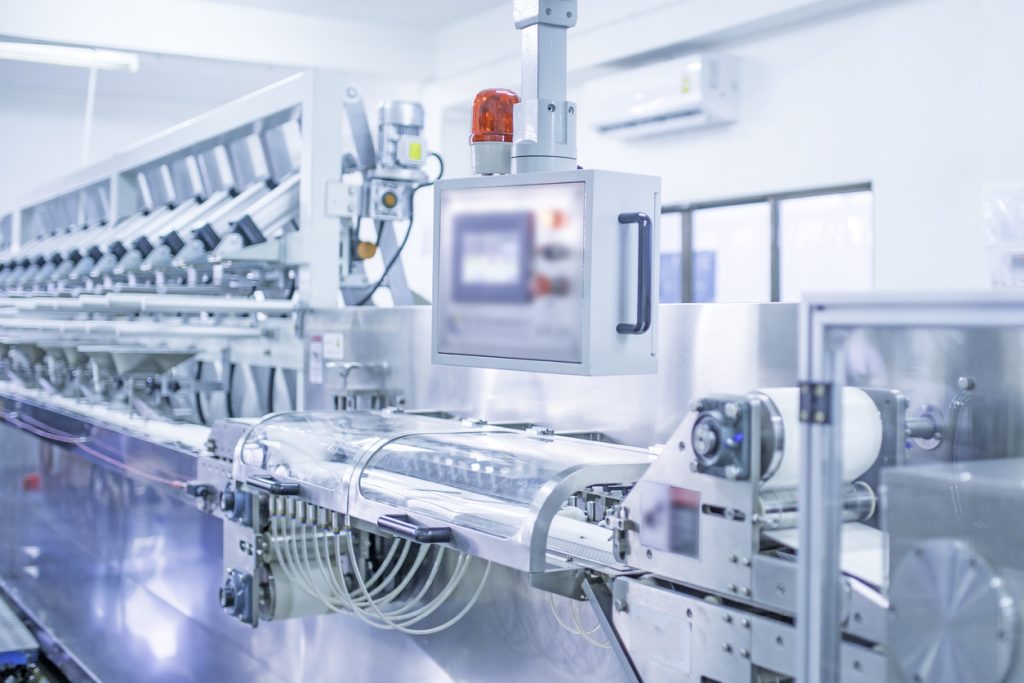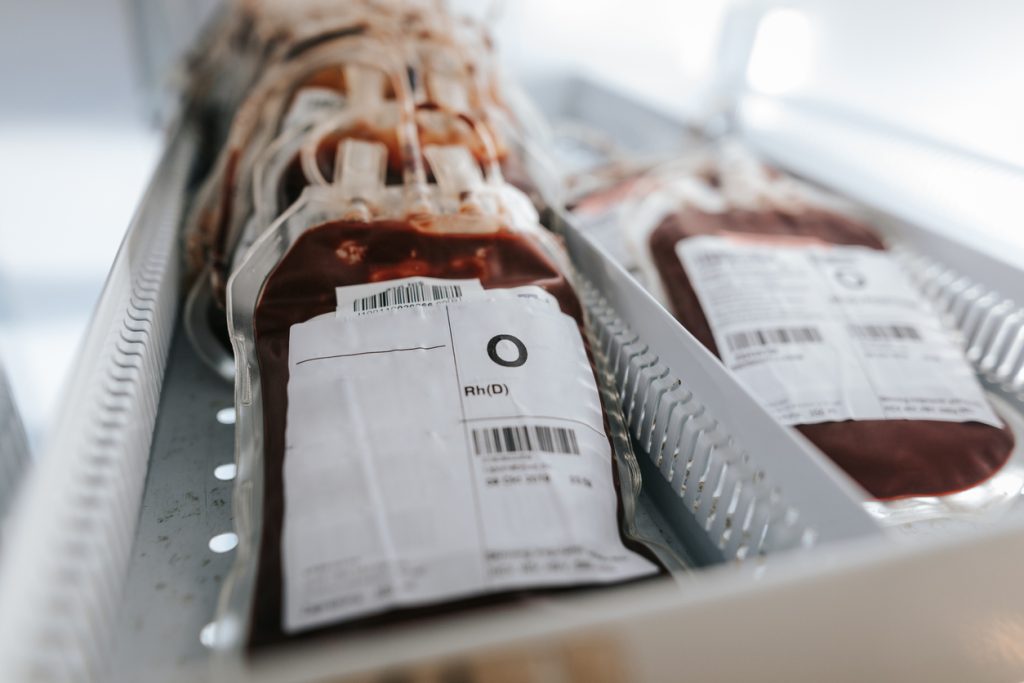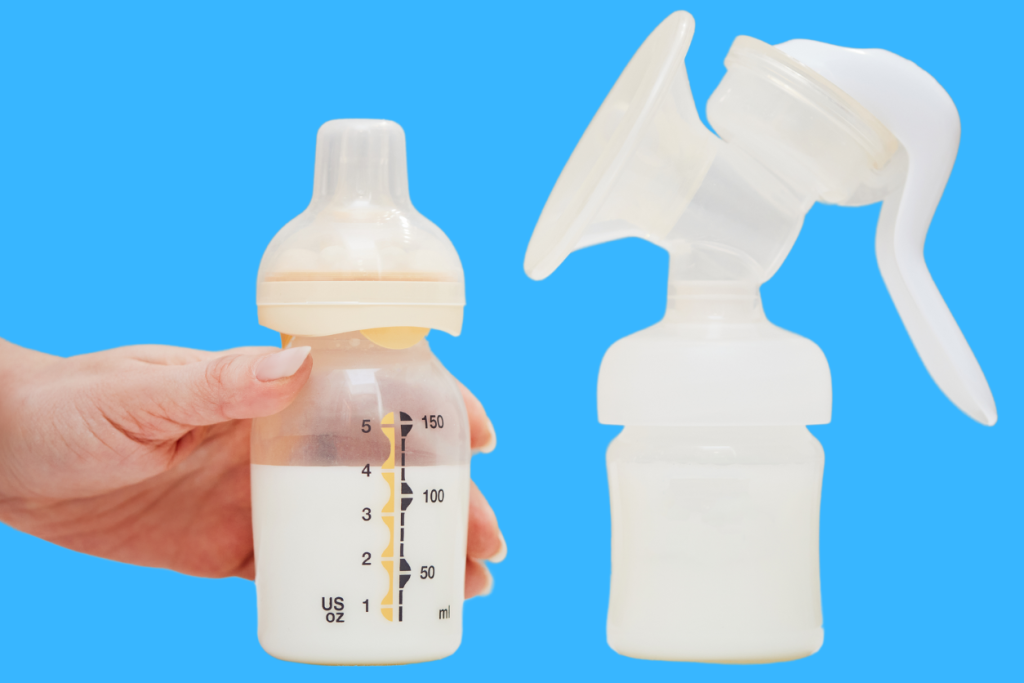Applications
Bioprocessing: Improve Yield
THE PROBLEM
Oxidative stress reduces the yield of biologics, and efficiency of cell therapeutics, making them unnecessarily expensive to manufacture and less accessible to patients. Current mitigation methods, including antioxidant supplementation and cell reengineering, have significant limitations.
THE XHEME SOLUTION
Xheme’s Polymer Composite Technology based single-use bioprocessing bags actively reduces oxidative stress, enabling enhanced cell viability, increasing yield, and maintaining the quality of the biologics being produced. A transformative technology, without the need for any major changes required to the existing manufacturing processes, for controlling oxidative stress in cell culture processes. The data generated at CROs and academic partners confirms significant increase in VCD of various types of cells ranging from HEK293, CHO cells, Jurkat cells and yield of IgG produced from CHO-K1 cells.


Vital Fluids: Increasing Shelf Life & Maintain Functional Health
THE PROBLEM WITH BLOOD STORAGE
Beginning in 2030, Diethylhexyl phthalate (DEHP), a PVC softening agent linked to cancers, male reproductive disorders, and delay in brain development will be banned in all medical devices such as blood bags in the Europe Union. US lawmakers have also called for action. However, currently available non-DEHP blood bags don’t meet the industry standard for stored blood for 42 days.
THE XHEME SOLUTION
We have devised a solution featuring Xheme’s Polymer Composite Technology that eliminates the need for either DEHP or PVC and meets or exceeds the 42-day global storage standard and requires no major changes to the current manufacturing or storage processes. It enables blood bag manufacturers, hospitals, and doctors to save time and money using existing equipment and practices as the world prepares for this essential transition.
FURTHER BENEFITS:
- Preserves the functional health of stored human blood, including rare blood types
- Prolongs storage of platelets at room temperature and can reduce microbial contamination (important for emergency and battlefield treatment)
- Allows for seamless integration with current blood bag manufacturing processes

THE PROBLEM WITH HUMAN BREAST MILK STORAGE
Human milk is a crucial, living ecosystem rich in essential nutrients, live bacteria, immune cells, enzymes, lipids, and bioactive molecules that provide critical health benefits during infancy. However, oxidative damage and cell death during storage reduce its nutritional quality and limit its shelf life in the refrigerator. This rancidity not only leads to milk rejection by infants but also forces mothers to discard precious milk, impacting those who rely on pumped milk exclusively.
THE XHEME SOLUTION
Xheme is developing innovative milk storage bags that actively protect the delicate components of human milk, extending its shelf life and preserving its health benefits. Our advanced polymeric composite films, in the proof-of-concept study, reduced oxidative stress, decreasing lipid oxidation by 25% and increasing enzymatic activity and immune cell viability by approximately 20% and 30%, respectively. These benefits, observed after eight days of storage at 4℃, could effectively double the milk storage time, ensuring that stored human milk retains its nutritional quality longer.
What Changes for the Operator
With Xheme:
- Higher sustained viable cell density
- Longer productive runs
- Improved batch consistency
Without Xheme:
- ROS accumulation limits performance
- Earlier culture decline
- Greater variability and cost pressure

